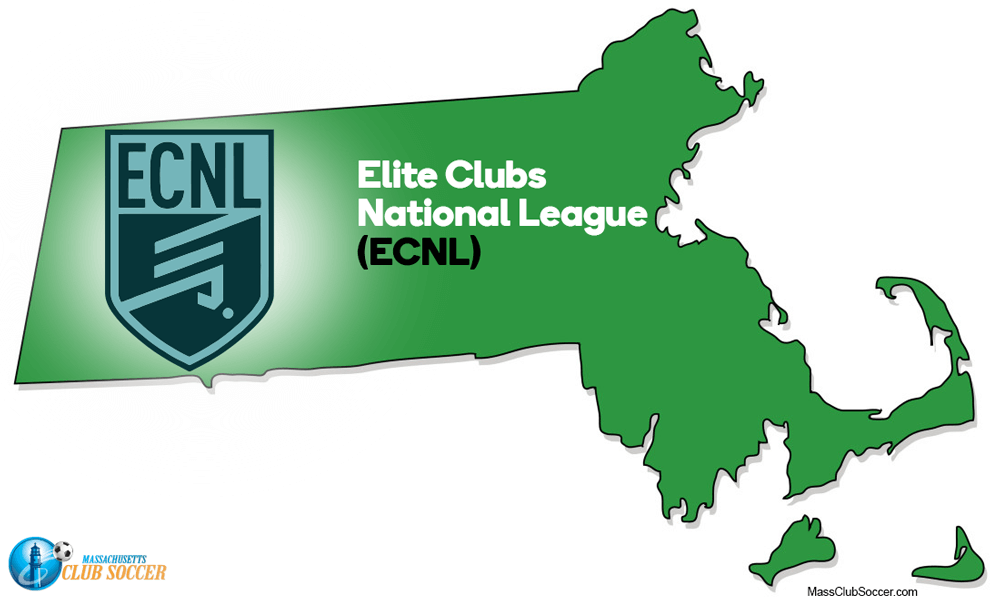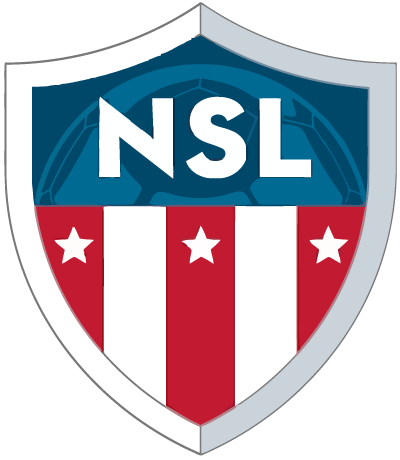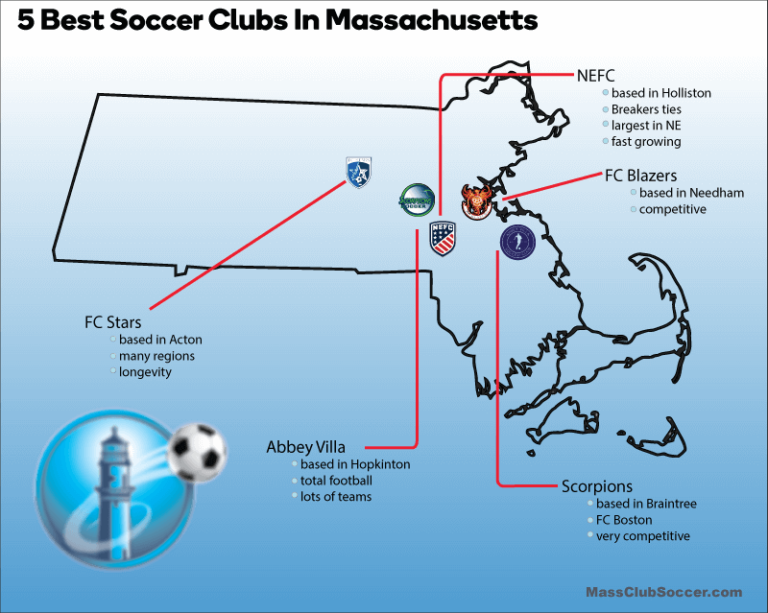Elite Clubs National League (ECNL)
The Elite Clubs National League (ECNL) in a nationally competitive soccer league for elite in the US for soccer players.
In 2009, the Elite Clubs National League (ECNL) was established, challenging conventional norms in youth soccer with a bold vision for excellence and innovation. Initially supporting only girls’ programming, the league has since expanded, driven by grassroots collaboration and the relentless efforts of youth soccer leaders nationwide.
In 2017, the ECNL responded to the changing demands of the soccer community, launching the ECNL Boys. This expansion, starting with 57 elite boys clubs, marked a new era of rapid growth and elevated standards in youth soccer.
The first season for ECNL was the summer of 2009 and included 40 of the top girls’ soccer clubs in the U15, U16, and U17 age groups. For the 2014 season there are 77 clubs participating in ECNL.
The ECNL operates two distinct youth soccer leagues—one for males and another for females. Both leagues possess its own governance and leadership structures. The ECNL holds official sanctioning from US Club Soccer.
ECNL member clubs from Massachusetts:

Scorpions Soccer Club
Boston Breakers Academy
Competition
First, the provides the opportunity for the best female youth soccer players in the country to compete against each other – one of the requirements for maximizing player development. Because the ECNL only includes the best clubs in the country, every ECNL game is exceptionally competitive and played at a significantly higher speed with more physical, psychological, technical and tactical demands on the players than the “average” game. The consistency of this competition and the demands it imposes creates more skillful, intelligent, and focused players. Second, in order to maximize the competitive level of each ECNL game, the ECNL only schedules 1 ECNL game per day per team, and no more than 3 days of ECNL games in succession. This aids in reducing burn-out and fatigue from game-to-game.
Substitution
The ECNL limits the number of substitutions in each ECNL game by prohibiting re-entry of players in each half. In other words, once a player is subbed out of an ECNL game, the player may not re-enter the game in that half of play. This forces players to maintain their concentration and work-rate for far longer periods of time than in most other competitions, and helps to prepare them for competition at the national and international level. In other words, without the massive substitution common in other youth soccer events, players in ECNL games are forced to adapt to the physical and psychological demands of playing for 90 minutes without break and without the “cushion” of temporary substitution to re-energize or re-focus.
Roster Rules
The ECNL allows a flexible roster of up to 26 players per team, and allows players to be rostered on multiple teams within their ECNL club. In addition, the ECNL allows players to move from one team roster to another from day-to-day, allowing players to play in different age groups in the same event. (A player may only play in 1 ECNL game per day.) This allows talented players to “play-up” against older players when a club determines it is in the best interests of the player to do so in order to maximize challenge and learning.
Relief of Calendar Congestion
By guaranteeing member clubs with the opportunity to play the best clubs in the country on a regular basis, and by providing an additional identification program within these games, the ECNL schedule allows member clubs to reduce the total number of games played by their teams and players each year. This provides each member club with more time for training to develop each player, and provides players more time for recovery and rejuvenation over the course of the year.
Standards and Recommendations
The ECNL provides a recommended set of minimum standards and expectations for players and staff of ECNL member clubs to create a more professional soccer environment. In addition, the ECNL provides member clubs with the opportunity to share best practices in player development and club organization and administration to improve the daily experience of the players.








